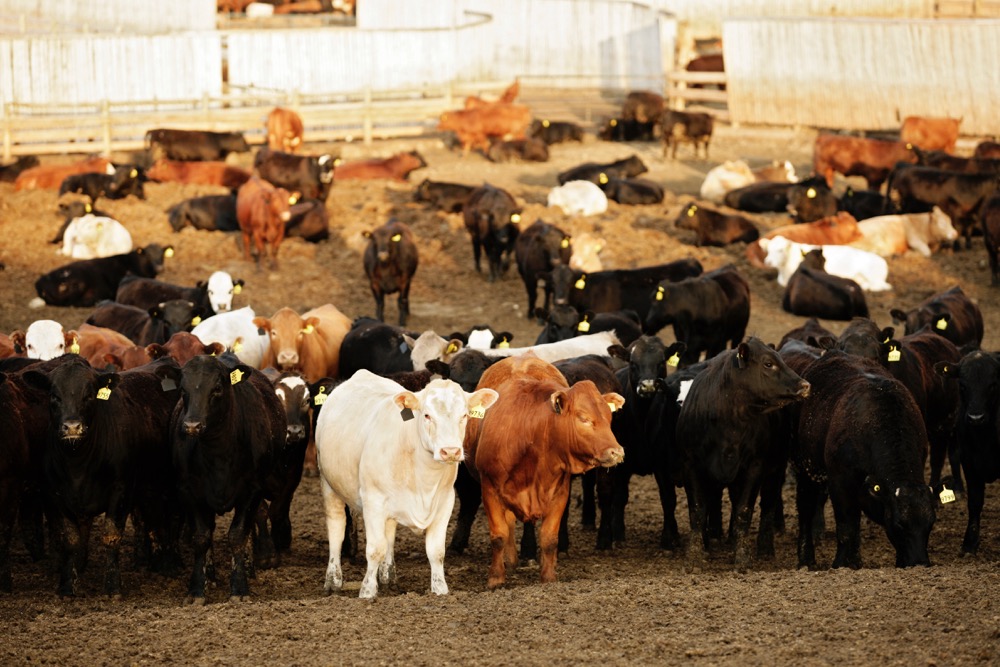Manitoba Ag Days: ‘Political manipulations’ hold back canola – analyst

Glacier FarmMedia—If global politics, tariffs and uncertainty were magically removed from the market, canola prices in Canada would likely be $1.50 per bushel higher, says a veteran markets analyst.
The supply and demand fundamentals for canola are supportive of price this winter, but Canadian farmers are facing a situation where geopolitics are dominant and supply/demand is secondary for canola.
“Given the supply-demand fundamentals … if we didn’t have the political issues at play, with Donald Trump and the tariff situation, the biofuels and the threat looming of China import tariffs, we would already be trading $700 futures today,” said Mike Jubinville, a senior markets analyst with Glacier MarketsFarm.
Read Also


Analysts believe American tariffs are inevitable
Canada’s livestock sectors have been anxious about the prospect of tariffs since Donald Trump won the American election in November. Dennis Laycraft, executive vice-president at the Canadian Cattle Association, said without knowing exactly what is coming, the organization could analyze the threatened tariffs only so much.
“That’s what the political uncertainties have injected.”
As of Jan. 23, canola futures for the May contract were trading around $640 per tonne.
Jubinville presented a grain and oilseed outlook at the Manitoba Ag Days trade show held in Brandon from Jan. 21-23.
He ran through a series of chart, showing that domestic crush and canola seed and oil exports have been strong over the last several months. Given the smaller crop on the Prairies, canola stocks at the end of the 2024-25 crop year will be low.
Jubinville pegged the ending stocks-to- use ratio at seven per cent, which is below average.
“When I look at it from the canola specific fundaments of supply and demand, it actually appears pretty price-friendly,” he said.
Jubinville clarified that he isn’t “bullish” on canola, but there could be better prices for new crop canola.
“I’m probably inclined to wait (to price new crop),” Jubinville said, in response to a question from the audience at Ag Days.
“In a tight stocks scenario, with a bit of rationing back of canola acres, it may present some new crop pricing opportunities — that we have yet to see.”
Despite the low stocks and strong demand for Canadian canola, there is now a massive price gap between canola and European rapeseed.
In the third week of January, EU rapeseed futures were trading at a $143 per tonne premium to canola futures.
Europe and Ukraine had disappointing rapeseed crops, and European biodiesel producers will need to import canola to compensate for the shortfall.
“EU production (of rapeseed) is down. EU stocks down. We think EU rapeseed imports and canola imports will have to reach a record level of close to 7.3 million tonnes,” said David Mielke, a market analyst with Oil World.
Demand from Europe is supportive of price, but multiple geopolitical issues are keeping a lid on canola this winter.
First off, there is U.S. president Donald Trump and his threat of imposing 25 percent tariffs on all goods from Canada. Then, there is China and its investigation into whether Canada is unfairly dumping canola into the Chinese market.
Adding to the confusion, there is uncertainty around the U.S. biofuel market.
On Jan. 15, the U.S. Department of Agriculture released an interim rule around feedstocks for the production of biofuels. The rule didn’t mention canola.
“The rule issued today establishes a framework to connect climate-smart agriculture (CSA) practices applied in the production of feedstock crops with reductions in the carbon footprint of biofuels. The rule includes three feedstock crops: corn, soy, and sorghum.”
That decision rattled the canola markets, but Jubinville recently spoke with representatives of canola grower associations in the United States who believe canola will ultimately be included in the list of eligible feedstocks.
That’s positive, but Canada’s chaotic trade relationship with the U.S. will be much more difficult to fix. Plus, it’s possible that China will impose duties on Canadian canola sometime in 2025.
Therefore, it’s hard to imagine that canola fundamentals will wrestle back control over the market.
“At this point, I would say ‘no,’ ” Jubinville said.
“We are subject to these political manipulations to a degree in the marketplace that I don’t think I’ve seen in 37 years that I’ve been involved in this business.”
Check out all our coverage of Manitoba Ag Days 2025 here.
Source: Farmtario.com

